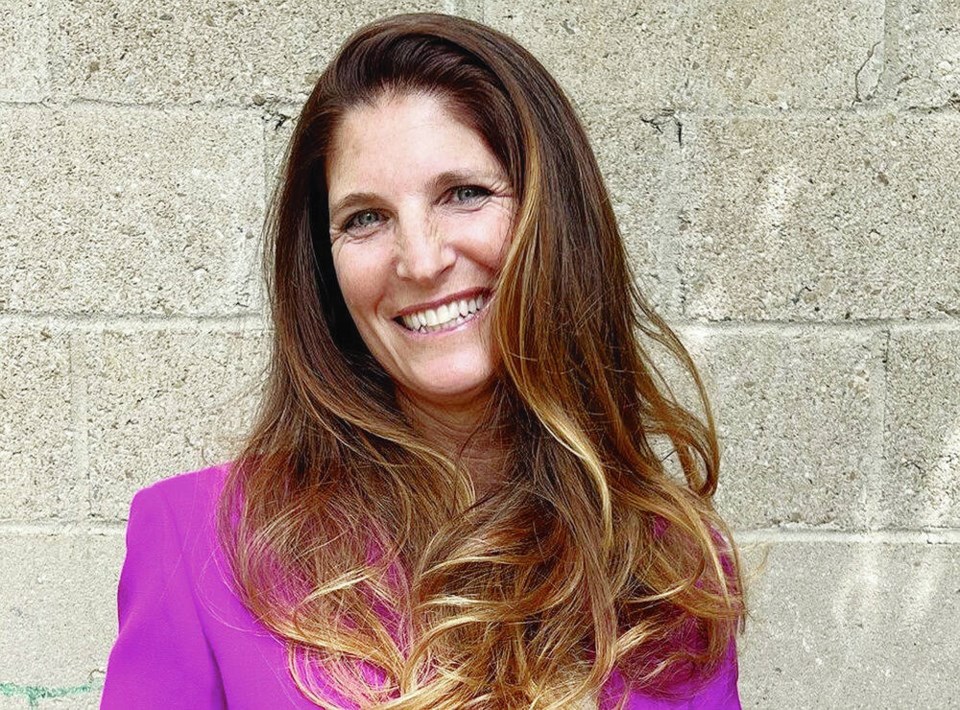Dear Lisi: A few days ago, I was at the airport dealing with an apparently oversized carry-on bag. Measured by the people at the front, I was waved through, only to be stopped by the agents at the inner gate, who said the bag was too large. Fortunately, my flight was delayed, and I was relaxed having to deal with people who clearly just want to make life harder for those travelling.
But I kept my cool, even when the agent ticketing my bag gave me a whole story about how she was doing me a favour by not charging me, knowing full well there was no charge for this service.
However, beside me a man who looked as though he hadn’t slept in days was screaming at the agent he was talking to. The agent was keeping his cool as best as possible, but the man was irate. I didn’t catch all the details, but he had apparently missed his flight.
Why do people have to freak out at other people who are just doing their job?
Disgusting Behaviour
This person sounds as though he was having a “mantrum” — the adult male version of a toddler’s tantrum. A tantrum usually occurs when a young child is overtired, hungry and/or frustrated; they can’t control their emotions or articulate their feelings and so they have an outburst of anger.
Because a mantrum is associated with a fully evolved adult, it’s used in a mocking way, whereas a tantrum is not meant to make fun of the child suffering. Adults are meant to be able to control their emotions, self-regulate, self-soothe, walk away and calm down, if necessary, etc.
But, if we want to be forgiving, we don’t know what made this man miss his flight, or where he was heading. Perhaps he hadn’t slept in days and was exhausted and couldn’t properly control his emotions. Perhaps if someone had given him a moment to breathe, he could have calmed down.
Remember — we never know the full picture of what’s going on in a scene we witness. Be generous of spirit and give people the benefit of the doubt.
FEEDBACK Regarding the miserable man (Sept. 25):
Reader #1 - According to my audiologist, there is a cure… but more importantly, there are available treatments. I suffer from tinnitus. It has been traced back to my early days of employment when I used to work in loud environments.
Hearing aids are not only for treatment of hearing loss but can also help with treating tinnitus. It’s important to get a specific test done to know for sure if you suffer from tinnitus.
Regarding balance, you should go see an otolaryngologist (ENT) specialist immediately.
Special types of "noise" can help…. if you live near a flowing river, go for walks alongside the banks and listen to the flow. If you can put a fan in your room, which creates white noise, that can be helpful. Investigate the different "colours" of noise and find what works best for you.
Lisi’s additions – A more involved Google search came up with these descriptions for different coloured noise:
- White noise: the standard sleep sound with an even or flat noise, e.g. fan, vacuum, a/c, TV. This is the best colour to help with tinnitus.
- Brown noise: deep and soothing. Best for a deep sleep and uninterrupted sleep. Enhances relaxation, e.g., rumbling thunder, crackling fire, strong winds, a purring cat.
- Pink noise: good for relaxation and sleep and can boost memory, e.g. rustling leaves, steady rain.
- Green noise: naturally calming noise, soothes symptoms of anxiety and ADHD. Perfect for those kept up by stress, e.g., heavy rain, rolling waves.
Reader #2 – The young man suffering from tinnitus should look online for a peer support group. If he lives in Toronto, he might be able to access one through the Baycrest Centre or the Dizzy Clinic at Sunnybrook. Other major metropolitan areas also have such groups.
There is an umbrella organization for sufferers in Canada, the 91原创 Tinnitus Foundation, and some hearing clinics, whether independent or run by hospitals, specialize in the condition (often in tandem with dizziness). Specialist physios also treat dizziness.
And, if nothing is available, he could consider starting such a group himself, either in-person or online. The condition affects 360,000 91原创s — 150,000 of them in very serious ways — and it is important to seek out information about the latest treatments. Sadly, though, some people acquire tinnitus after using prescribed drugs to treat other medical conditions.
Lisi – Great suggestions! Thank you.
Lisi Tesher is an advice columnist based in Toronto. Send your relationship questions to [email protected].



